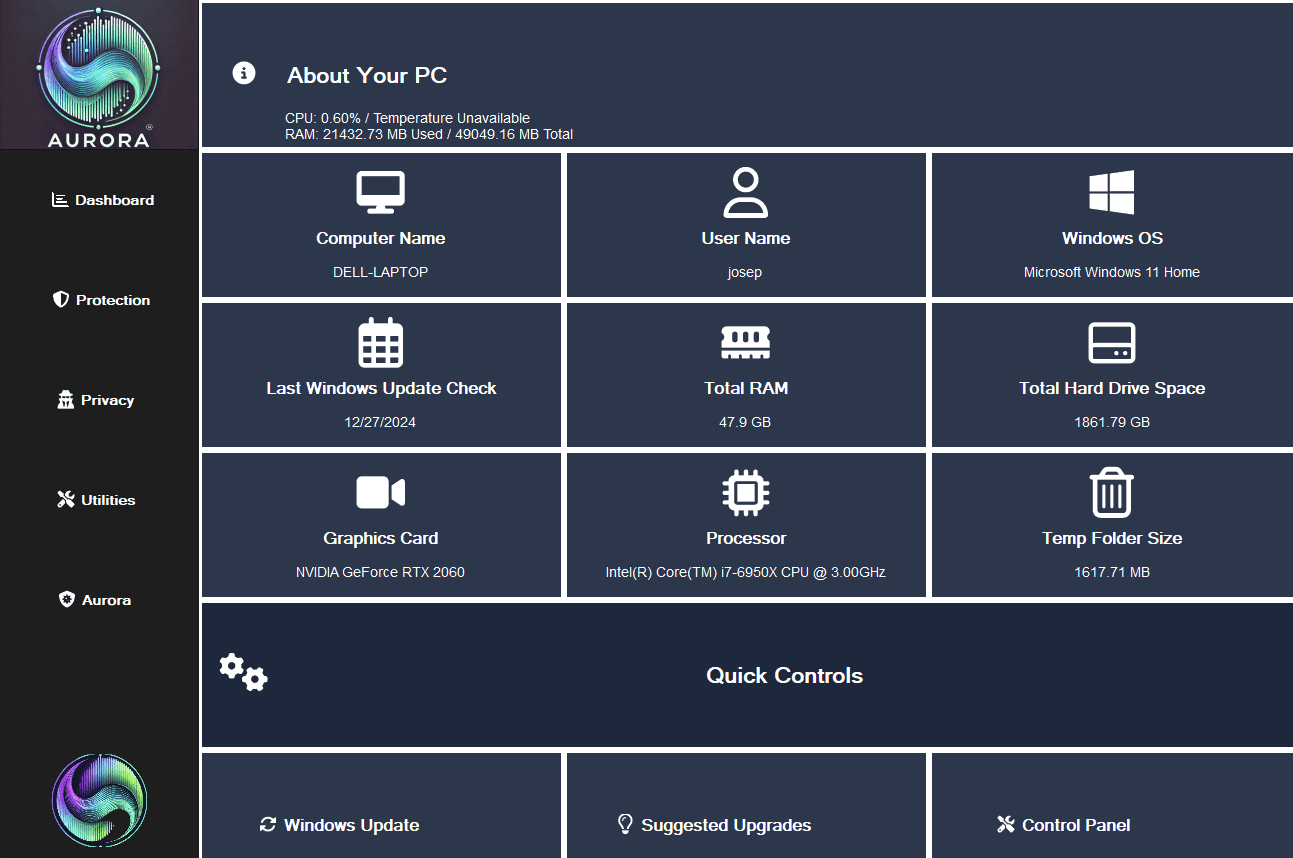From Pop-Ups to Financial Fraud: Staying Ahead of Cybercriminals
From Pop-Ups to Financial Fraud: Staying Ahead of Cybercriminals
In today's digital age, the convenience of online banking and shopping comes with significant risks. Cybercriminals employ sophisticated tactics to deceive individuals, leading to devastating financial losses. A poignant example is Beth's experience, where she unknowingly granted a scammer access to her bank accounts, resulting in the theft of over $340,000. Despite banks being FDIC insured, such protections don't cover losses when access is voluntarily, albeit unknowingly, provided to fraudsters. This underscores the critical need for awareness and proactive measures to safeguard oneself online.
Understanding the Threat
Online scams manifest in various forms, from phishing emails to deceptive pop-up ads. A prevalent tactic involves ransomware pop-ups—malicious alerts that claim your system is compromised and demand payment for resolution. Interacting with these can lead to unauthorized access to personal and financial information.
Top 5 Ways to Spot a Scammer Online When Dealing with Ransomware Pop-Ups
Unsolicited Alerts: Be cautious of unexpected pop-ups warning of system infections or security breaches, especially if they urge immediate action. Legitimate security software typically doesn't use aggressive pop-ups to communicate issues.

Urgency and Threats: Scammers often create a sense of urgency, pressuring you to act quickly to avoid severe consequences. Authentic organizations provide clear information and ample time to address issues without threats.
Request for Payment: Demands for payment to fix a non-existent problem are red flags. Reputable tech companies don't solicit payments through pop-ups for services you haven't requested.
Poor Language and Design: Fake pop-ups may contain spelling errors, unprofessional imagery, or logos that don't match the legitimate company's branding. Carefully scrutinize the content for these inconsistencies.
Unverified Contact Information: Pop-ups providing generic contact details or urging you to call unverified numbers are suspect. Always cross-reference contact information through official company websites.
Protective Measures
To defend against these threats, consider integrating comprehensive security solutions like Denali CS Aurora. Designed by Denali Computers, Denali CS Aurora is an advanced program that offers:

AI-Driven Threat Detection: Identifies and neutralizes suspicious activities in real-time, safeguarding against phishing and ransomware attacks.
Credit Monitoring Alerts: Keeps you informed of any changes to your credit, helping detect unauthorized activities promptly.
Dark Web Monitoring: Scans the dark web to check if your personal data has been compromised, allowing for swift action to protect your identity.
Virus & Malware Protection: Offers robust defense mechanisms to keep your system safe from various forms of malware.
Proactive Updates: Ensures your system is up-to-date with the latest security patches, reducing vulnerabilities.

Your Privacy Is Our Priority
Denali CS Aurora is committed to maintaining your privacy:
No Personal Data Stored: All monitoring, including credit and dark web scans, is performed locally on your device.
Secure Integrations: Utilizes encrypted APIs compliant with GDPR and CCPA regulations for credit and dark web monitoring.
Encrypted Communication: All communications are secured with TLS encryption to protect your data.
Conclusion
Staying vigilant and informed is your best defense against online scams. By recognizing the signs of fraudulent activities and employing comprehensive security solutions like Denali CS Aurora, you can protect yourself from becoming a victim of cybercrime.
For more information on Denali CS Aurora and to subscribe, visit Denali Computers.
Stay Informed, Stay Protected